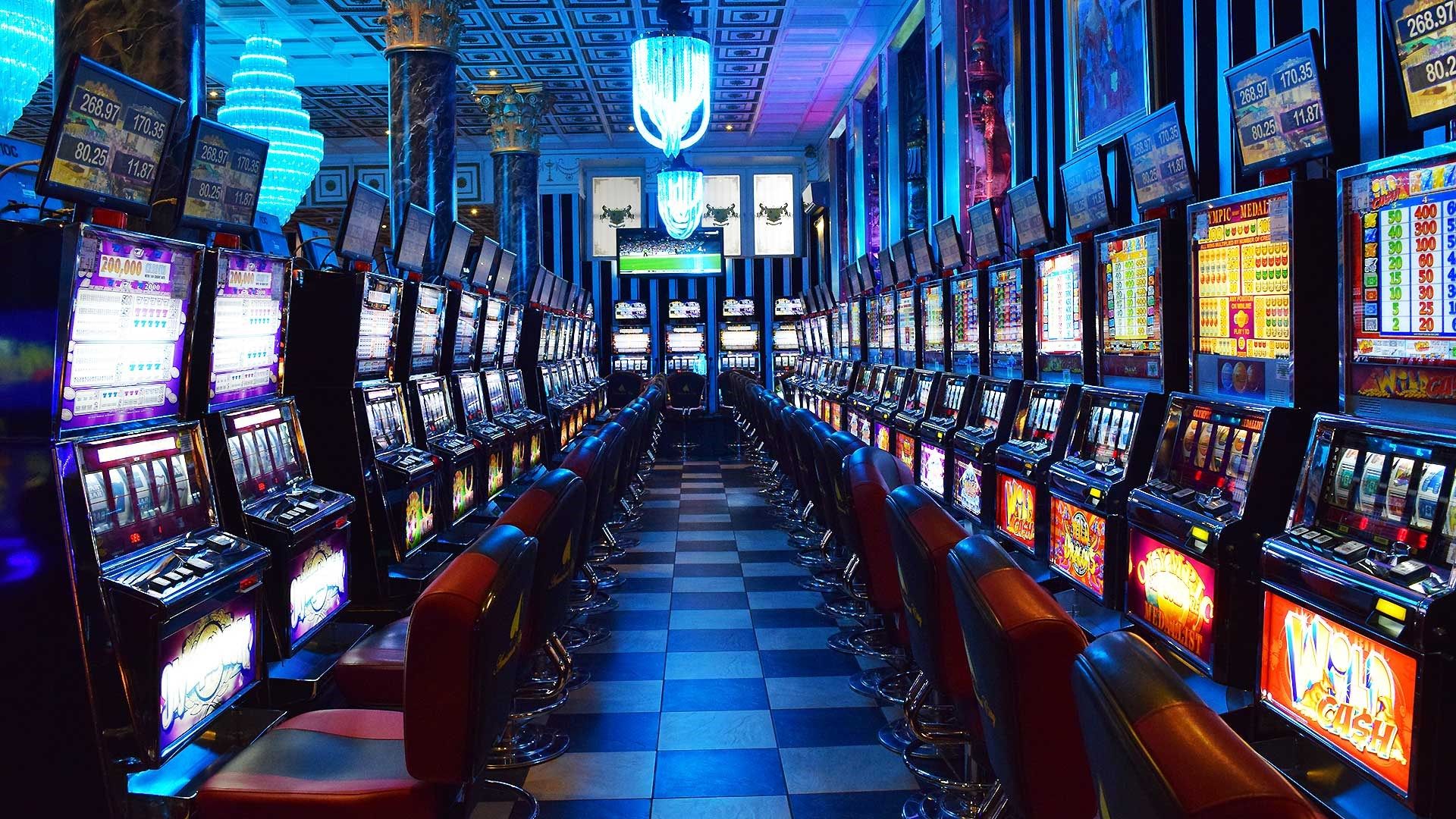
Casino experiences have fascinated players over the ages, progressing from easy diversions to sophisticated forms of entertainment that blend luck, skill, and fun. From the ancient roots of gambling in cultures like Mesopotamia and Rome to the dazzling corridors of contemporary casinos, the journey of these games reveals much about human nature and our interaction with chance. As cultures have merged and innovation has progressed, casino games have transformed, mirroring societal changes and developments in gameplay.
The primitive versions of gambling likely included elementary games involving dice and wagering on the results of sports competitions. Through the years, these basic forms of gambling grew into more structured games like playing card games, roulette, and the variety of slot games that line the floors of casinos today. Every generation brought its distinct regulations, visual styles, and sociocultural significance. Today, casino games maintain their evolution with the rise of internet-based platforms, enabling players from various parts of the world to join in a collective experience, further blending the traditional with the age of technology.
Initial Origins of Casino Games
Gaming games have origins that stretch back to old civilizations, where betting was strongly entrenched in cultural traditions and social rituals. The earliest known forms of gambling developed in Mesopotamia around 3000 BC, including basic die games made from bone bones. These initial activities laid the basis for more advanced gambling games, reflecting humans’ natural urge to seek fortune and amusement through luck. casino sicuri non AAMS
As societies developed, so did their gambling pursuits. In ancient Chinese culture, around 2300 BC, objects were discovered that resembled early rudimentary versions of a lottery game activity. More organized instances of betting developed in the Roman civilization, where games of chance were a frequent pastime, often taking place in social gatherings. The ancient Romans developed different wagering activities, which included dice and board activities, highlighting the pervasive nature of betting across various economic strata.
With the passage of ages, these primitive activities shaped the evolution of modern gambling activities. In the medieval period, playing card games emerged prevalent in European culture, paving the way for the professional gambling venues we know today. The change from informal betting to organized gambling in taverns and personal homes marked a major shift in how people interacted with activities of luck, leading to the eventual creation of gaming houses as dedicated venues for betting.
The Rise of Current Casino Gaming
The final 20th century marked a crucial shift in the world of gaming, propelled by tech innovations and transformations in societal views towards wagering. The introduction of computers and the World Wide Web transformed the way players engaged with their preferred games. Virtual casinos emerged, allowing players to enjoy timeless table games like poker and 21 from the safety of their houses. This emerging online environment not only expanded access to gambling options but also attracted a younger crowd who found the convenience and diversity tempting.
As digital gaming gained traction, so did advancements in gaming technology. The development of advanced programs and graphics transformed conventional gambling games into engaging adventures. Players could now connect with realistic live dealers through real-time broadcasts, bringing the vibe of physical casinos directly into their homes. This fusion of in-person play with digital interfaces created a new hybrid model that enhanced the community element of playing, making it possible for individuals to connect and compete with others around the world.
Furthermore, the growth of gaming on mobile devices substantially changed the casino landscape. With the widespread use of mobile phones and touch devices, players can enjoy their preferred gaming options at any location, at any time. Mobile applications offer a vast array of games customized for mobile screens, catering to the fast-paced lifestyle of contemporary gamers. This availability has led to growing participation in gambling, driving the exponential growth of the gaming industry. As a result, the future of casino gaming continues to evolve, responding to new technologies and changing consumer preferences.
How Technology Influences Casino Games
The evolution of technology has significantly transformed casino games, improving the overall experience for players for gamblers globally. As the internet emerged, online casinos were created, allowing players to play their preferred games from the comfort of their homes. This shift not only made casino games more available but also expanded the variety of games available, as online platforms could offer many different versions of traditional games without the limitations of brick-and-mortar establishments.
The rise of mobile technology further revolutionized the casino gaming landscape. With the proliferation, players now have the ability to engage in casino games anytime and anywhere. This flexibility has led to the development of dedicated mobile applications and optimized websites that offer smooth gaming experiences. Additionally, innovations such as live dealer games have delivered the authentic atmosphere of a casino into players’ homes, bridging the gap between physical and online gaming.
Furthermore, advancements in artificial intelligence and virtual reality are paving the way for the next generation of casino games. AI enhances game design and player interaction, creating customized experiences based on user behavior and preferences. Meanwhile, virtual reality provides immersive environments where players can engage in a simulated casino setting, making the gaming experience more exciting and lifelike. As technology continues to evolve, the future of casino games seems bright, filled with limitless opportunities for advancements and entertainment.